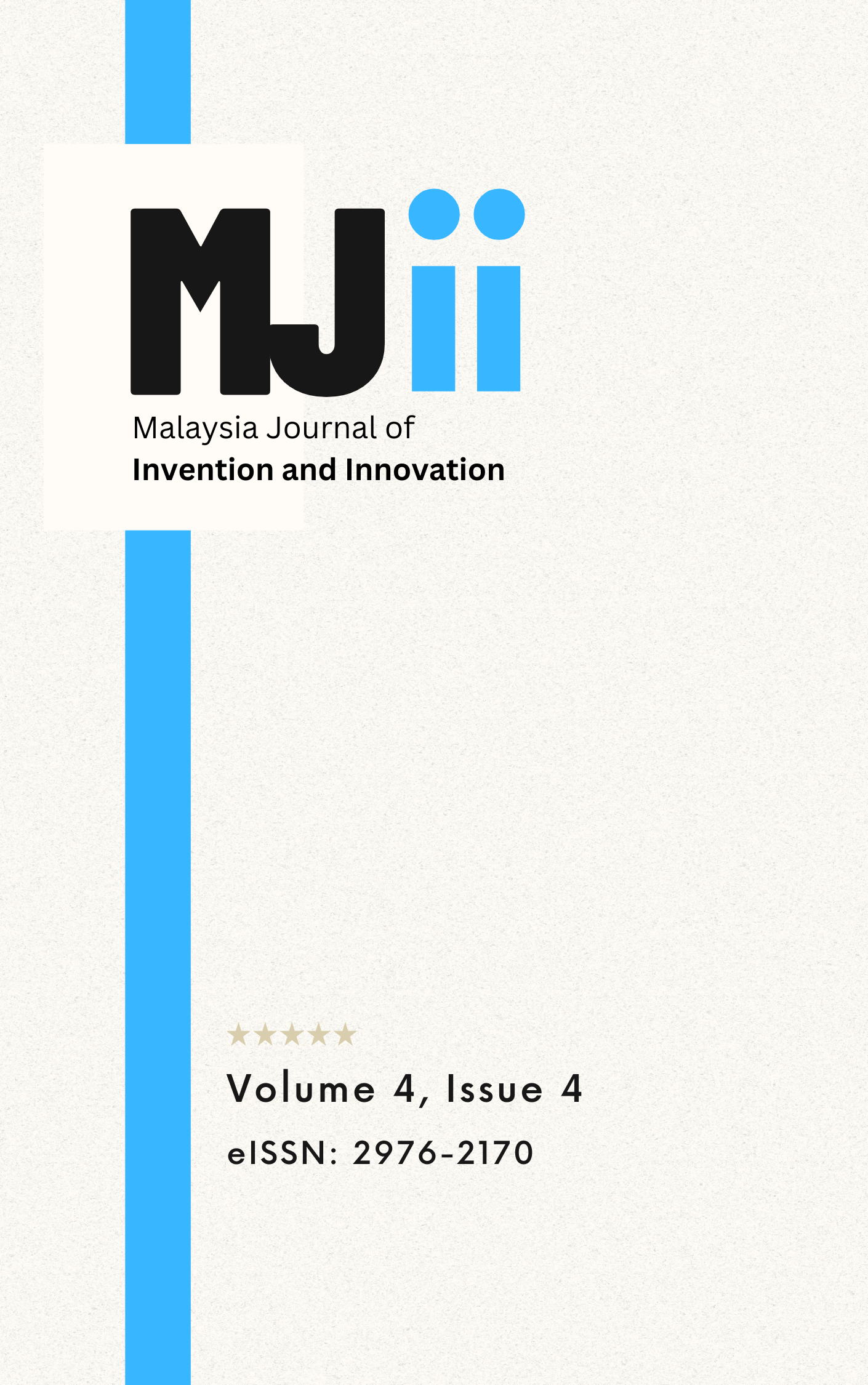SpeakQuest - Using 5w1h to Improve Speaking Skills among Level 2 Pupils
DOI:
https://doi.org/10.64382/mjii.v4i4.118Abstract
SpeakQuest is an innovative intervention designed to improve speaking skills among Malaysian English as a Second Language (ESL) learners, specifically targeting primary school pupils aged 10-12 years. Preliminary observations indicated that these pupils demonstrated lower speaking proficiency compared to their abilities in reading, writing, and listening. As a result, many students scored lower on the speaking component of the Classroom Based Assessment, with increased focus on non-speaking components in the End-of-Academic-Session Examination. To address this issue, SpeakQuest was developed as a platform for students to learn and practice speaking through the use of 5W1H questions. The intervention incorporates differentiated learning activities, designed for beginner, intermediate, and advanced learners. The platform, primarily hosted on Padlet, integrates various educational tools such as Canva, Quizizz, ChatGPT, ElsaSpeak, Powtoon, and Google Translate, to create an interactive and engaging environment for students. This intervention offers a variety of activities, including Q&A practice, flashcards, video recordings, and creative projects. The main objectives of SpeakQuest are to enhance pupils’ speaking skills using 5W1H questions, boost their confidence in speaking, and increase their interest in learning English. Additionally, SpeakQuest also provides a flexible, safe space for students to practice speaking, either independently or as a tool for teachers to integrate into lessons. Data collection includes pre- and post-tests, student questionnaires, and teacher observation checklists. 6 pupils were selected to use this intervention. Based on the overall findings, the use of SpeakQuest did significantly help pupils in enhancing their speaking skills besides giving them a space to develop their creativity and learn English in a fun way. As a whole, SpeakQuest is an effective and versatile intervention that can be used for both teaching and independent practice.
Downloads
Published
Issue
Section
License
Copyright (c) 2025 Aishwarriya Sasi, Evelyne Ilam Beriak, Aimi Khairiyah Hamdan, Melor Md Yunus

This work is licensed under a Creative Commons Attribution 4.0 International License.
The authors of MJII retain copyright to the content of the articles.
The content is published under the Creative Commons Attribution (CC BY) 4.0 which allows content to be copied, adapted, displayed, distributed, republished, or otherwise re-used for any purpose, including for adaptation and commercial use provided the content is attributed without any restriction.
Authors Rights
The Journal grants you the following non-exclusive rights, subject to giving propoer acknowledgement to the original journal. The authors may:
(i) to reprint or reproduce the contribution, in whole or in part, in any publication of your interest.
(ii) to use material for teaching purposes; including availability of the matarial in academic course.
(iii) to post a copy of the contribution on your personal or institutional web server, provided that the server is non-commercial and there are no charges for access, and
(iv) to deposit a copy of the contribution in a non-commercial data repository maintained by an institution of which you are a member.
Author's Agreement
Author(s) guarantee the journal the following:
(i) that the contribution is their original work;
(ii) that it contains, no matter what, content that is defamatory or is otherwise unlawful or which invades rights of privacy or publicity or infringes any proprietary rights (including copyright);
(iii) that the contribution has not been published elsewhere in whole or in part and that no agreement to publish is outstanding other than this agreement. Author(s) agree to be responsible and hold the journal, its editors, staff and affiliate organizations harmless against any claims arising from or related to the breach or inaccuracy of any of the guarantees listed above.
Disclaimer
The editorial team of the MJII and the publication team of Academica Press Solutions share no responsibility regarding the views and opinions expressed by the authors.
The content published in MJII is Open Access and can be shared, adapted, reproduced, reprinted, after appropriate acknowledgment and giving due credit to the author(s) work.


